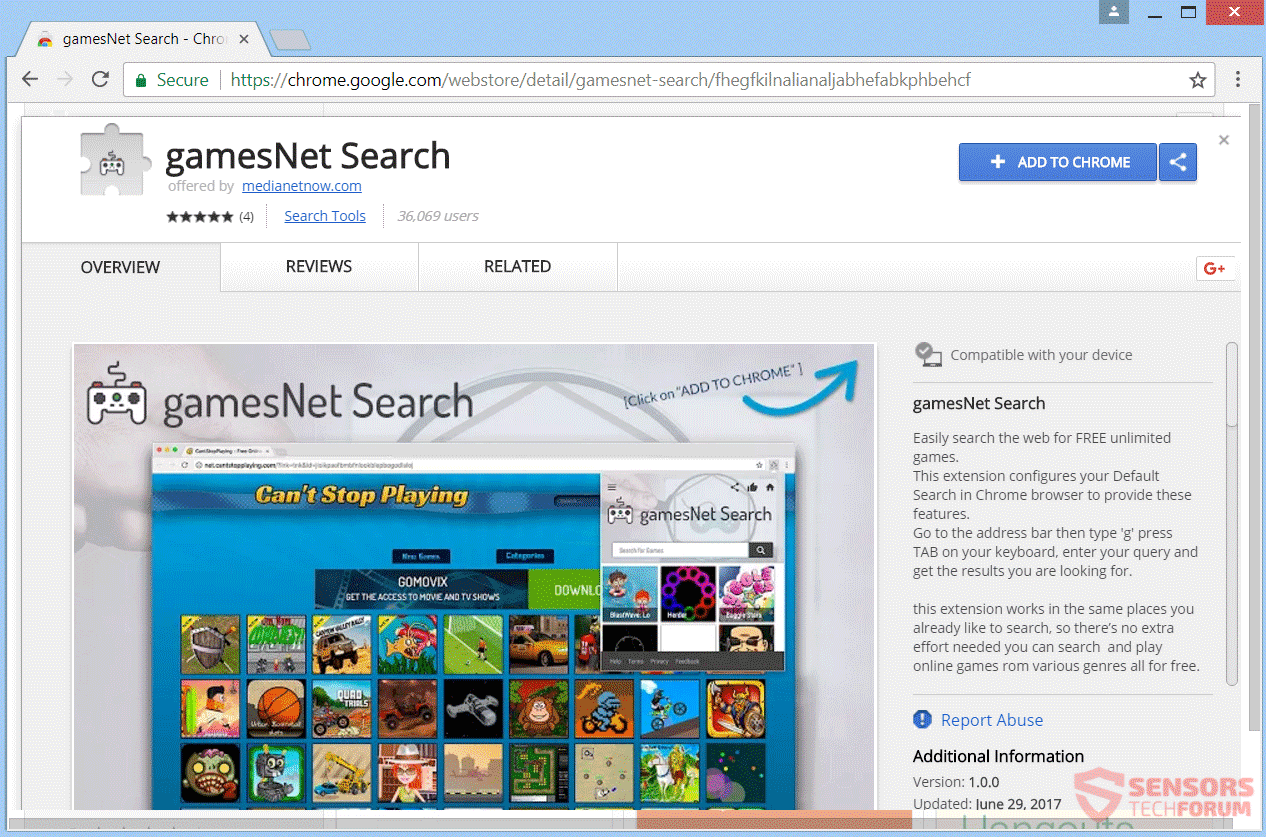
Steam is more powerful the more platforms it is on, and Valve has been working to reduce its reliance on Windows for some time, with projects like the Linux distribution SteamOS. The advent of Vulkan as a leading graphics API alternative to the Microsoft-built DirectX is also enabling high-end games on non-Windows platforms.Ī push for Steam compatibility would be yet another app store Google is bolting onto the once-simple Chrome OS. Valve would probably welcome Chrome OS as an official Steam platform with open arms. (If they start outfitting Chromebooks with gamer RGB lights, let the record show that the Chromebook Pixel was a trailblazer with its light bar.) A gaming Chromebook would be a thicker, hotter, heavier, more expensive laptop, and I wonder if anyone wants a Chromebook like that. Today, you can get Chromebooks with 1TB of storage for, I guess, a whole lot of Linux and Android apps. Liu would not explicitly confirm that any of these models would contain discrete Radeon graphics but told us to stay tuned."Ĭhromebook hardware has gotten really bloated over the years and can seem pretty far from the original idea of a light, fast Web-focused laptop. Advertisementįurther Reading Google Stadia launch review: Gaming’s “future” looks rough in the presentSo will some manufacturer step up and make a gaming-focused Chromebook? Android Police writes that "Liu said we could expect to change: more powerful Chromebooks, especially AMD Chromebooks, are coming. Muddying its own strategies with competing products is something Google is really good at, though. A push for Steam on Chromebooks would muddy Google's Chrome OS gaming strategy. It's a perfect solution for a light, limited Chromebook. Stadia offloads game rendering to the cloud and only streams a live video to your Chromebook, so it doesn't require hot-and-heavy gaming hardware. There's also the issue that Google already has a gaming-focused solution for Chromebooks: the Stadia game-streaming platform. To make matters worse, Chrome OS' hardware acceleration for the Linux sandbox is actually pretty bad, and nearly identical hardware can run games at a higher FPS using Windows or a real distribution of Linux. They usually have just enough GPU power to run YouTube, scroll a webpage, and that's about it-3D graphics are not really going to happen. No one does this because Chromebooks are not gaming hardware. You wouldn't get the entire Windows collection of Steam games, but there is a modest-and-growing collection of games that support Linux. You can install Steam and use it as a Chrome OS game store right now.


Steam has a Linux client and sells Linux games. Further Reading Google’s product strategy: Make two of everythingAnyone can put Steam on Chrome OS now.


 0 kommentar(er)
0 kommentar(er)
